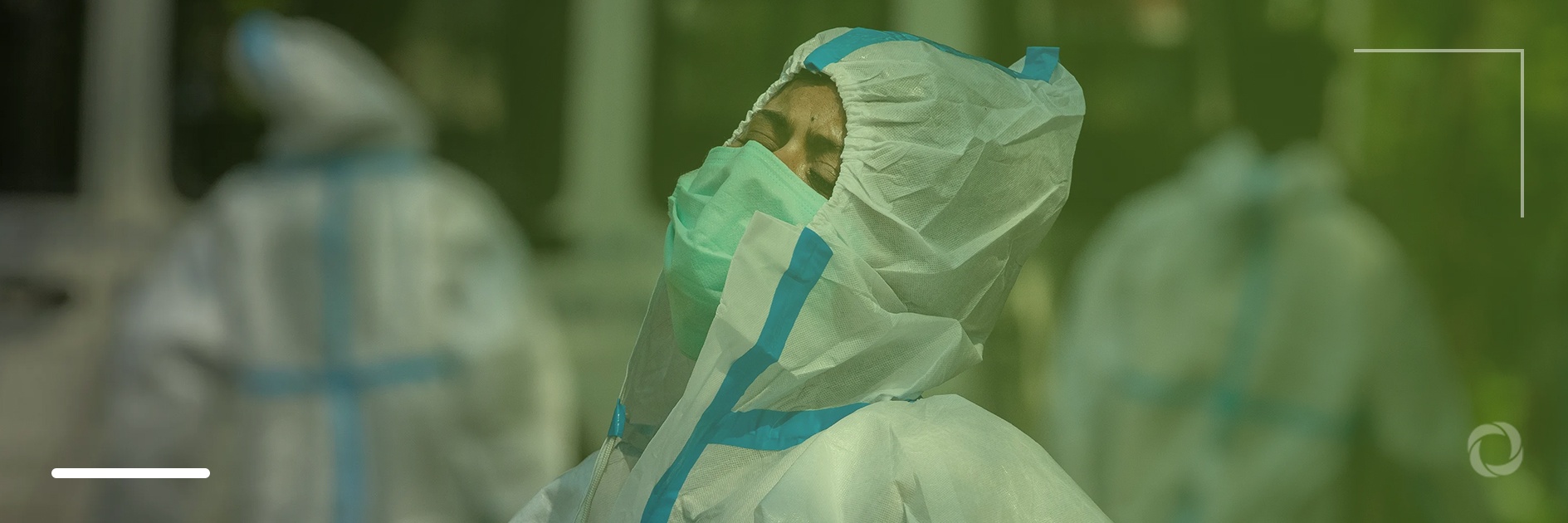Indian non-governmental organizations (NGOs) have complained that they are unable to effectively channel the humanitarian aid that is vital to curb the pandemic, as the country’s Foreign Contribution Regulation Act (FCRA) forbids the distribution of any foreign donations.
The FCRA was amended last year during the first wave of the coronavirus pandemic. According to the amendment, no NGO operating in India can allocate foreign assistance to other groups. It also states that any funding being received from abroad must be deposited in specific branches of the State Bank of India in New Delhi which is controlled by the government. Moreover, NGOs cannot further distribute funds to other charities so they cannot subcontract other organizations that could possibly distribute humanitarian assistance.
By introducing these changes, the government argued that it was aiming to improve transparency and avoid the eventual misuse of foreign funds. Meanwhile, the amendments made it impossible for NGOs to distribute the so desperately needed oxygen concentrators that are unavailable in many Indian hospitals.
Jhuma Sen, a human rights lawyer, said that “the legislation tried to silence those speaking out against the government and if a member of an NGO took part in a protest, it often resulted in FCRA cancellation”.
For his part, Narendra Taneja, the leader of India’s ruling BJP party, defends the legislation. “It [FCRA] has been debated by parliament, passed by parliament. We expect other countries to respect our laws. We are a sovereign country.”
According to media reports, the Indian Prime Minister, Narendra Modi, is rather unenthusiastic about foreign-funded aid and in the past, he has accused charity organizations of being an obstacle to economic growth.
Many NGOs have expressed their concern about the legislation as they see it as an impediment that will delay COVID-related relief. Aakar Patel, former head of Amnesty International India, said:
“Even if you’re working on COVID, the law makes it very difficult for you to be able to even accept foreign aid coming in without being in violation of the law.”
The legal obstacles have resulted in a decrease in the amount of foreign aid as charities have difficulty in channeling donations. Thus, thousands of Indian NGOs whose funds were already limited due to the pandemic have received yet another blow as many international charities have decided to slash funding to NGOs, donating this to the government instead.
In response to the FCRA amendment, 13 Indian NGOs sent a letter of protest to Indian and US governmental organizations complaining that the regulation had “paralyzed” the sector.
“The organizations best placed to respond to community needs at the grassroots in a timely, agile manner are unable to access these donors,” the letter read.
NGOs in India are crucial to support the overwhelmed healthcare system as the government spends only 1.2% GDP annually on this, compared to 18% in the US, for instance.
By mid-May, India had reported about 23 million COVID-19 cases and almost 250,000 deaths. The daily rate continues to surge as the country appears to be facing a new mutation of the virus. On 8 May alone, India recorded over 400,000 new infections and 4,000 deaths although experts have warned that the actual figures may be even higher.

